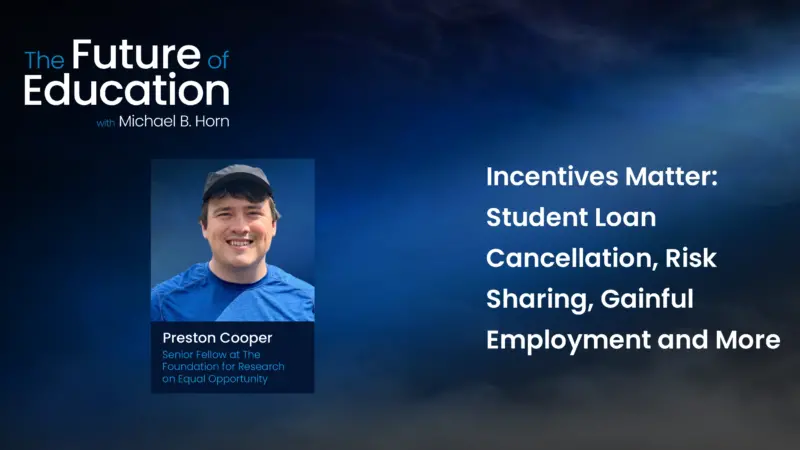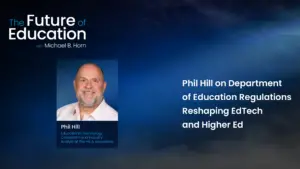College Faculty and Administrators Feel Prepared to Teach Online This Fall
U.S. higher education faculty and administrators agree that they are prepared to teach online this fall, and while questions remain, they are optimistic about the future of higher education, according to the second edition of the Digital Learning Pulse Survey, an ongoing four-part series to better understand the needs of colleges in the wake of the transformative disruption brought on by COVID-19.

The survey of 887 faculty and administrators at 597 institutions was conducted by Bay View Analytics on behalf of the Online Learning Consortium (OLC), WICHE Cooperative for Educational Technologies (WCET), University Professional and Continuing Education Association (UPCEA), Canadian Digital Learning Research Association (CDLRA) and primary partner and underwriter Cengage, the largest U.S.-based education and technology company serving the college market.
“Compared to our initial research in April, this second survey shows a marked increase in the level of confidence of higher education faculty and administrators. A host of professional development resources have been made available and educators have put considerable time and effort into preparing for teaching in the new COVID-19 reality, and it shows,” said Jeff Seaman, lead researcher and director of Bay View Analytics.
Additional survey findings:
Teaching Online –
- The overwhelming majority of faculty (84 percent) and administrators (96 percent) agree that they are prepared to teach online this fall.
- Faculty at two-year and four-year private colleges feel more prepared to teach online than faculty at four-year public institutions – 88 percent versus 81 percent.
- Faculty and administrators at all types of institutions had access to multiple types of professional development – webinars, self-paced trainings, online resources, and more – and found them to be effective.
Confidence in the Future –
- Nearly half of faculty and administrators across all institution types are optimistic about the future of higher education, but there is still room for improvement.
- Future of Higher Education:
- Administrators – 46 percent optimistic, 23 percent pessimistic and 31 percent neutral
- Faculty – 42 percent optimistic, 31 percent pessimistic and 27 percent neutral
- Future of Higher Education:
- Educators are also optimistic about their personal future role in higher education, with administrators feeling more positive.
- Personal Role in Higher Education:
- Administrators – 57 percent optimistic, 15 percent pessimistic and 28 percent neutral
- Faculty – 42 percent optimistic, 21 percent pessimistic and 37 percent neutral
- Personal Role in Higher Education:
“When higher education moved to remote learning this spring, companies like Cengage quickly opened up access to their digital platforms and provided professional development training, resources, office hours and more to help faculty and institutions feel ready to lead their students in an online environment,” said Fernando Bleichmar, General Manager for Higher Education and Skills at Cengage. “These resources clearly made a difference, but there are many questions that need to be answered as to how higher education will evolve to meet the needs of students in the future.”
“The unanticipated sudden switch from in-person to remote learning left many feeling unprepared, but fortunately our network jumped into action and provided peers with the best practices, guidance and resources they needed to succeed,” said Jennifer Mathes, Ph.D., CEO of the Online Learning Consortium. “From Washington to Florida and everywhere in between, we are encouraged to see faculty and administrators turning challenges presented by the pandemic into a once-in-a-lifetime opportunity to improve access and quality for learners around the country.”
“What is most striking about the findings are the faculty perceptions of how effective professional development they received was for their online teaching. Compared to the sentiments expressed in the 2020 spring semester, the vast majority of faculty reported feeling prepared to teach online to some extent in the fall,” said Nicole Johnson, Research Director of the Canadian Digital Learning Research Association.
Survey findings were presented in a free webinar “Higher Ed’s Responsive Strategies to COVID Bring About Faculty Confidence and Optimism”. The webinar featured a discussion with lead researcher Jeff Seaman, Director of Bay View Analytics; Nicole Johnson, Research Director, CDLRA; Jennifer Mathes, CEO of OLC; and Ryan Tipton, Provost at University of the Southwest; who analyzed the results and answered questions from participants. Click here for more details or to register for the webinar and receive a copy of the full survey report.
For more information on the survey results and to view the infographic, visit www.cengage.com/digital-learning-pulse-survey.








